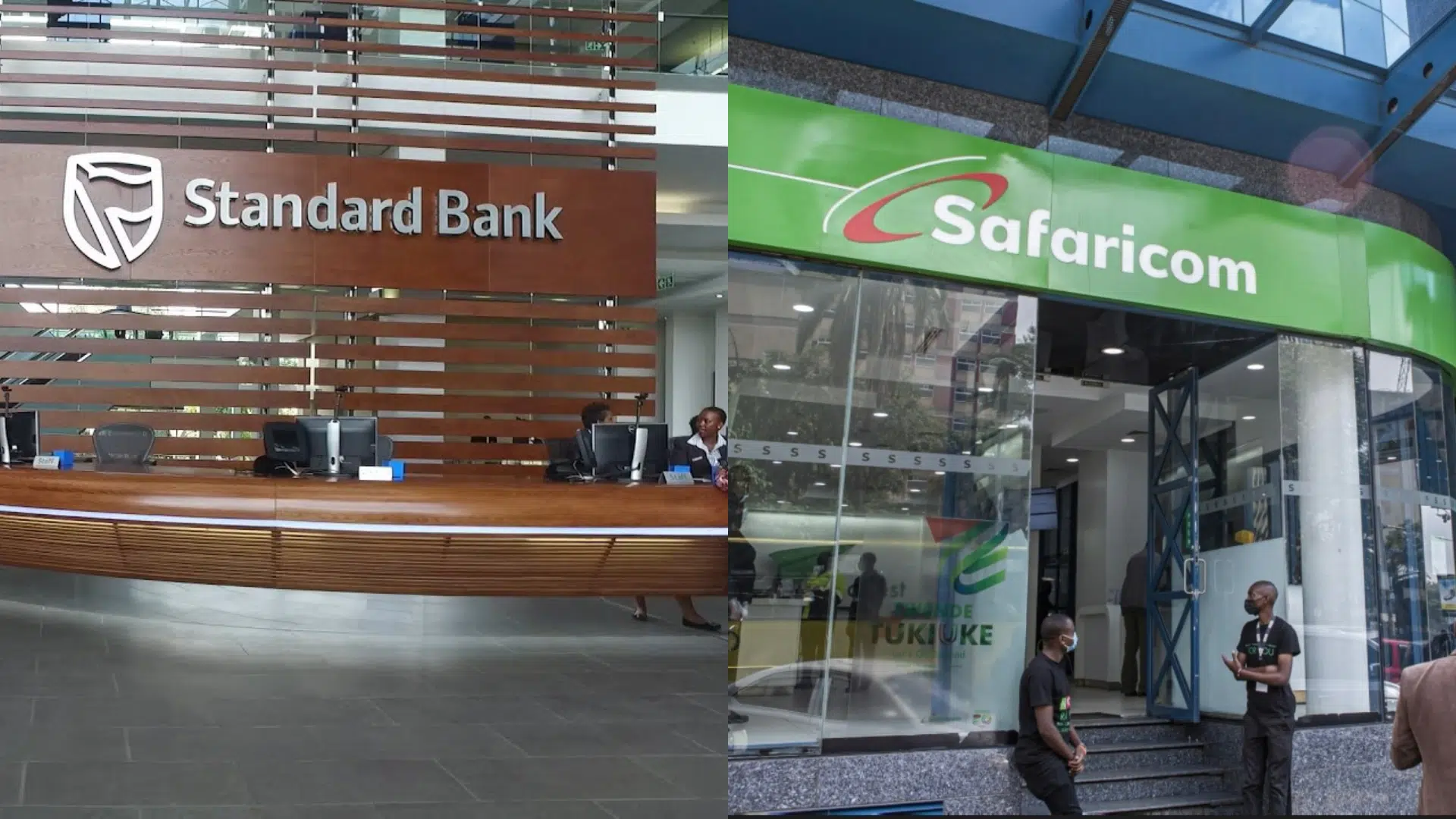In a strategic move to broaden its financial services to migrant communities in the UK, Europe, and Canada, Nigeria-born remittance startup LemFi has acquired British credit card issuer Pillar.
The acquisition, finalised in May 2025, will see LemFi integrate Pillar’s credit card product into its existing app, giving the company immediate access to the infrastructure and regulatory licenses needed to issue credit in the UK market.
LemFi CEO Ridwan Olalere said the deal is a deliberate step in the company’s mission to serve underserved migrant populations who often face structural exclusion from mainstream banking due to a lack of local credit histories.
This vision is not new. It was the same motivation that led Olalere and co-founder Rian Cochran to resign from their senior roles at Chinese-owned fintech, OPay, to launch LemFi in 2020.
Capital raising and expansion strategy
LemFi has defied the conventional startup growth curve. Since its inception, the company has onboarded more than 2 million users globally and surpassed $1 billion in monthly transaction volume.
Although the terms of the Pillar acquisition remain undisclosed, recent capital raises point to strong financial backing.
In 2023, LemFi raised $33 million in Series A funding, enabling its expansion into Asia. By January 2025, it secured a $50 million Series B round, bringing total capital raised to $85 million. These funds have fueled LemFi’s geographic expansion, especially into European financial hubs like the UK and Germany, and likely financed the acquisition.
Investor confidence appears strong. Sam Brooks, a LemFi high-valued investor, remarked:
“Ridwan and Rian are fantastic leaders, and we are thrilled to partner with them and the LemFi team to help them scale and continue their growth into new markets.”
Behind the deal
Though financial terms remain undisclosed, Pillar’s filings reveal just how fast this deal moved. On May 20, Pillar co-founder Ashutosh Bhatt relinquished significant control, and by May 22, LemFi CEO Ridwan Olalere was registered as the new person with significant control (PSC), a telltale sign of a majority acquisition.
On the surface, it’s a remittance company buying a credit card startup. But dig deeper and you’ll find LemFi’s clearest move yet toward becoming a full-stack fintech for migrants.
What we know
- Pillar had raised £13m in a 2022 pre-seed round backed by Global Founders Capital and Backed VC.
- Estimated annual revenue: $13.6 million (Per Growjo), with roughly 20,000 customers and 79 employees.
- Pillar was licensed by the UK FCA, with the infrastructure to issue credit cards in the UK.
- LemFi has processed over $1 billion in monthly remittance volume and raised $85 million across three funding rounds.
Why it matters
LemFi’s acquisition of Pillar comes at a crucial moment in the global fintech. According to the World Bank, global remittances are projected to hit $690 billion in 2025, with migrants from sub-Saharan Africa expected to contribute nearly $60 billion.
Having already reached a $1 billion monthly transaction volume milestone, LemFi is now positioning itself to move beyond payments by offering credit – a pain point for migrants.
Estimates suggest that up to 60% of new migrants in Western economies face difficulty accessing credit due to a lack of local financial history. This systemic gap has pushed many towards high-cost alternatives such as Buy Now, Pay Later (BNPL) platforms, peer-to-peer lending, and payday loans.
Pillar, with a customer base of 20,000 cardholders and regulatory approvals from the UK Financial Conduct Authority (FCA), LemFi’s growth will be fast-tracked.
Rather than build from scratch, LemFi bought speed: Pillar already had regulatory approval, an active user base, and operational credit infrastructure. With the deal, LemFi gains:
- Instant UK credit issuance rights
- A tested underwriting model focused on migrants
- A brand already marketing to LemFi’s core demographic
That’s essential to eventually offering more lucrative services like:
- Cross-border credit scoring
- Migrant-focused insurance bundles
- Savings and investment products with local tax advantages
Building a full-stack financial platform
Strategically, this move transforms LemFi from a cross-border payment platform into a multi-product fintech company – a pathway previously taken by African unicorns like Flutterwave and Chipper Cash, which have successfully expanded into commerce, SME financing, and B2B services.
LemFi is part of a wider trend among African-founded fintechs using strategic acquisitions – rather than greenfield builds – to gain speed, regulatory footing, and product diversification in foreign markets.
What to watch next
- Integration timeline – How fast will Pillar’s credit card product be bundled into LemFi’s app?
- Regulatory lift – Will LemFi leverage Pillar’s license to expand to other parts of Europe?
- New verticals – A natural extension would be credit builder loans or even employer-linked financial products.
- Monetisation shift – From transaction fees to interest income and long-term user LTV (lifetime value).











